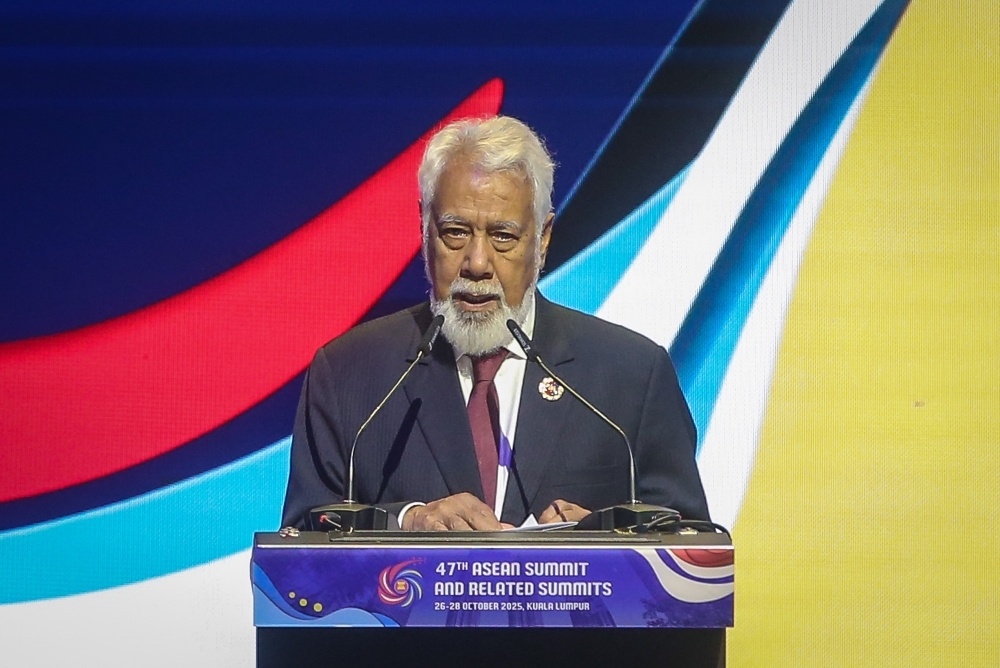Iraq’s incumbent Prime Minister Mohammed Shia al-Sudani has claimed victory for his coalition following preliminary results from the country’s general election, which show his bloc with a clear lead. Supporters gathered late into the evening at Baghdad’s Tahrir Square, celebrating with music, fireworks, and a renewed sense of hope for the nation’s future.
In a televised address, Sudani framed the win as a triumph for all Iraqis. “Congratulations to the country on your coalition winning first place in the parliamentary elections,” he said, highlighting the success of his “Reconstruction and Development” coalition. On social media, Sudani expressed “deep gratitude to the Iraqi people for their unwavering support.”
Tuesday’s election took place during a rare moment of calm in a region often overshadowed by conflict. With Iraqis voting in large numbers—over 12 million out of 21 million eligible—the stakes were high. Citizens are calling for tangible improvements: more jobs, stronger infrastructure, better education, and reliable healthcare in a nation historically challenged by corruption and mismanagement.
Yet the path forward is fraught with complexity. The next prime minister must navigate Iraq’s delicate balance between powerful regional allies and rivals, particularly Iran and the United States. Preliminary results place Sudani’s coalition ahead by roughly 217,500 votes, with expectations that it will secure approximately 50 seats out of the 329-member parliament. However, final seat allocations will not be confirmed until later, and post-election negotiations to form a governing coalition are expected to be intricate and potentially lengthy.
Iraq’s political system requires power-sharing among its major communities: the prime minister is a Shiite, the parliament speaker is Sunni, and the largely ceremonial presidency is reserved for a Kurd. Past parliaments have relied on compromise deals between Shiite-majority parties to form functioning governments.
Sudani, who rose to prominence three years ago through the Coordination Framework, has emphasized reconstruction and development during his tenure. Under his leadership, Baghdad has seen a boom in infrastructure projects, including new bridges and tunnels. Despite skepticism from some citizens who boycotted the elections, Sudani remains committed to continuing reforms while navigating regional tensions and internal political divisions.
As Iraq embarks on this new chapter, citizens watch with cautious optimism, hoping that promises of progress translate into real change in their daily lives. This victory, while significant, marks just the beginning of a challenging but potentially transformative journey for Iraq and its people.




